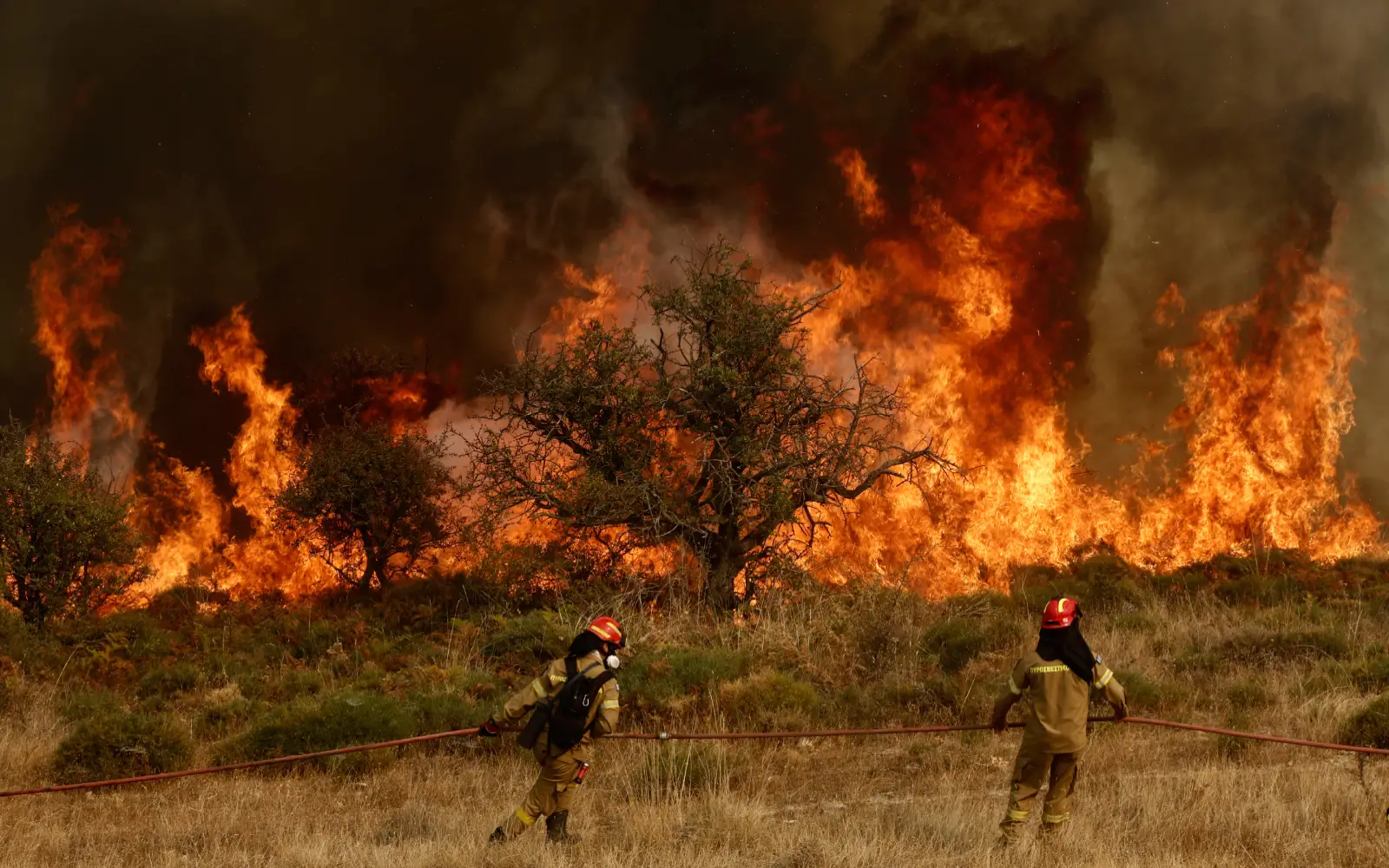Historic Agreement between Damascus and Kurds for National Unity in Syria, Major Steps Towards Security and Economic Prosperity
In a bid to establish national unity in Syria, the interim Syrian government and the Kurdish-led Syrian Democratic Forces (SDF) have signed a historic agreement. However, the implementation of the agreement remains uncertain, particularly in light of recent constitutional declarations.
Historic Agreement between Damascus and Kurds for National Unity in Syria, Major Steps Towards Security and Economic Prosperity
Historic Agreement between Damascus and Kurds for National Unity in Syria, Major Steps Towards Security and Economic Prosperity
In a bid to establish national unity in Syria, the interim Syrian government and the Kurdish-led Syrian Democratic Forces (SDF) have signed a historic agreement. However, the implementation of the agreement remains uncertain, particularly in light of recent constitutional declarations.
This agreement aims to unify all military and civil institutions within the Syrian state, and it comes at a time when President Ahmad al-Shara seeks to solidify his legitimacy. It has garnered international attention, particularly for the killings of members of the Alawite community.
Context and Purpose of the Agreement This agreement will help view Syria's long-standing divisions from a new perspective. International crisis analyst Nannar Hawach stated, "This agreement may influence Syria’s future conflicts. Syria is currently facing major security challenges, including massacres recently occurring on the coast and Israel's intervention in the south. These pressures have pushed Damascus toward signing the agreement."
Al-Shara’s Commitment to the Kurds Washington-based Kurdish analyst Mutlu Siviroglu said, "By signing the agreement with SDF commander Mazloum Abdi, al-Shara presents himself as a leader committed to equally representing all identities for Syria’s future."
This agreement will guarantee the constitutional rights and citizenship of Syria's Kurdish community, which they have previously been denied by the government. The agreement calls for the cessation of all hostilities in SDF-controlled areas.
Economic Benefits and Oil Agreement Analyst Joshua Landis stated that oil is a key part of this agreement and will play a vital role in boosting revenue for the new Syria. Syria’s oil fields have been largely destroyed, with production dropping from 400,000 barrels to 80,000 barrels. According to the agreement, the government will gain full control of oil, but the Kurds will receive half of the revenue, which is a significant gain for them.
This is seen as an important step toward national reconciliation after 14 years of conflict. Many countries, including the United Nations, Saudi Arabia, Jordan, France, Germany, and Canada, have expressed support for the agreement.
However, Hawach cautioned that the success of the agreement will depend on how each party resolves the remaining complex issues of reorganization. Landis also believes that the agreement is not a fully working plan yet and that many issues will need to be addressed in the future.
On March 13, al-Shara signed a temporary constitution, setting a five-year interim period for the establishment of an Islamic regime in Syria. Following this announcement, the SDF’s political branch, the Syrian Democratic Council, strongly protested, arguing that it aims to re-establish a dictatorship.
Many crucial issues remain unresolved in Syria, and they will need to be addressed through future negotiations.










